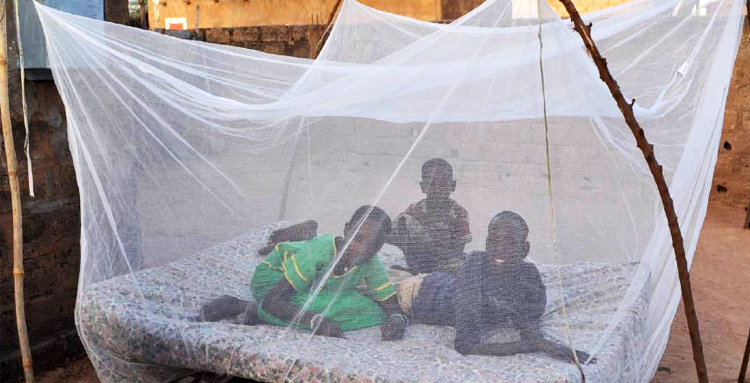The African Tradition and the customary law have brought un answered questions especially when it comes to the constitutional law. Reconciling the two differences makes one wonder whether the two will marry each other. From the look of things, the way an African child was brought up is slightly different from the current constitutional law that abides the child rights. There might be conflicting issues that still remains un tackled especially when it comes to disciple and morals, marriages, customary rituals and generally the way things are done. This will be a topic for another day to be discussed as we will not go into so much details.
Our main focus today is to understand how the two laws should favor one another and make the rights of the children to be realized as I will break it down to our Country South Sudan context.
South Sudan being one country that has been devastated by war, a lot is left to be desired especially when it comes to the right of a child. The long lasting impact of the war has made certain practices to remain seemingly normal for instance, forced marriage, imposing of cultural marks on the body, violent practices which one may think shows how strong they are, inter-tribal cattle raid which has brought a belief of one being superior to the other. Unfortunately, this bears a big impact on the children who in most cases are the victims of circumstances. Doing something which deprives a child of their rights is punishable by law according to South Sudan Child Right 2008.
For the parents, guardians to understand that it’s an abomination to subject the children to in human practices like child labor, rape, defilement, child trafficking, violence against children among others, they must come to the realization that some of the effects of these practices have devastating consequences on the psychological, physical and emotional well-being of the child and it must stop completely. In its resolution 71/177, the General Assembly requested the Secretary-General to submit to the Assembly at its seventy-second session a report on the status of the Convention on the Rights of the Child and the issues addressed in the resolution, with a focus on violence against children. The present report highlights significant achievements by Member States, United Nations system entities (including the Office of the Special Representative of the Secretary-General on Violence against Children, the Office of the United Nations High Commissioner for Human Rights, the Office of the United Nations High Commissioner for Refugees, the United Nations Children’s Fund, the United Nations Office on Drugs and Crime and the World Health Organization), regional bodies, multi-stakeholder coalitions and others in advancing the protection of children from all forms of violence and includes recommendations for continued progress on this critical issue
During our kids express talk show on Radio Miraya, many of the children echoed their voices on how they would like to be protected against all harm that may endanger their lives and cripple their future. One Jacob Mading had this to say
‘’ A child has no clue on what is right and wrong, and yet they look to their parents who have folded their arms and subjected the children to all kind of child right violation in the society, children are being used as a source of wealth not minding about their future. He continues to say their future will be doomed if nothing is done to help the children of South Sudan and the world at large.’’
Jacob’s plea for protection of the children is a representation of too many children who are suffering in silence and have no one to speak for them. If only we can recognized that when we protect and invest in the children today that is when we will be able to secure a safe future for our children to be in a better place that can change lives.
That first step begins today, do not stay silent when you see the right of the child is being abused and violated, take action today and slowly we will eliminate all kind of violations being committed on the children.





